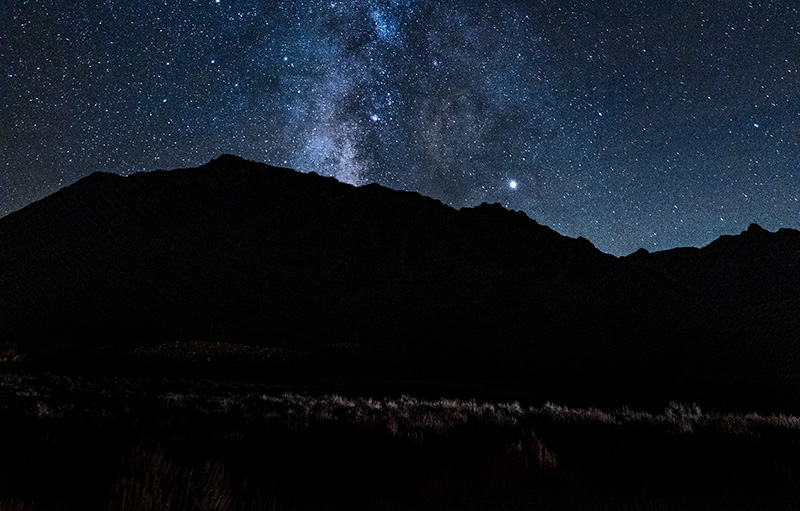I WAS CAMPED IN THE eastern Sierra Nevada of California at 9,000′ within a roughly enfolded basin, granite cliffs rising at least another 1,000’ all around except for the gap through which the old glacier had eased downward fifteen millennia ago. A hiker approached to talk and share his feeling for the place. I listened quietly and without thinking responded that being in places like this makes us better people. I had surprised myself but knew it was true, just not how or from where the words
came. In what ways do places like this make us better? I have felt certain for many years about the connection between Nature’s power and beauty and human moral and spiritual excellence, and there are others who share the conviction. In her study of Plato, American philosopher and author Rebecca Goldstein notes his “[…] view of the normativity of reality—that is, that we are morally improved by knowing what is what […]” Plato was no “Nature writer,” and meant something slightly different than what I experienced in the mountains that day, but not much. Cosmos manifests as truth-beauty-goodness, he believed—as intelligible order, and we are drawn to know.
Excerpt – Reverence for Existence by Craig Brestrup
Photo by Andrew Sterling on Unsplash


